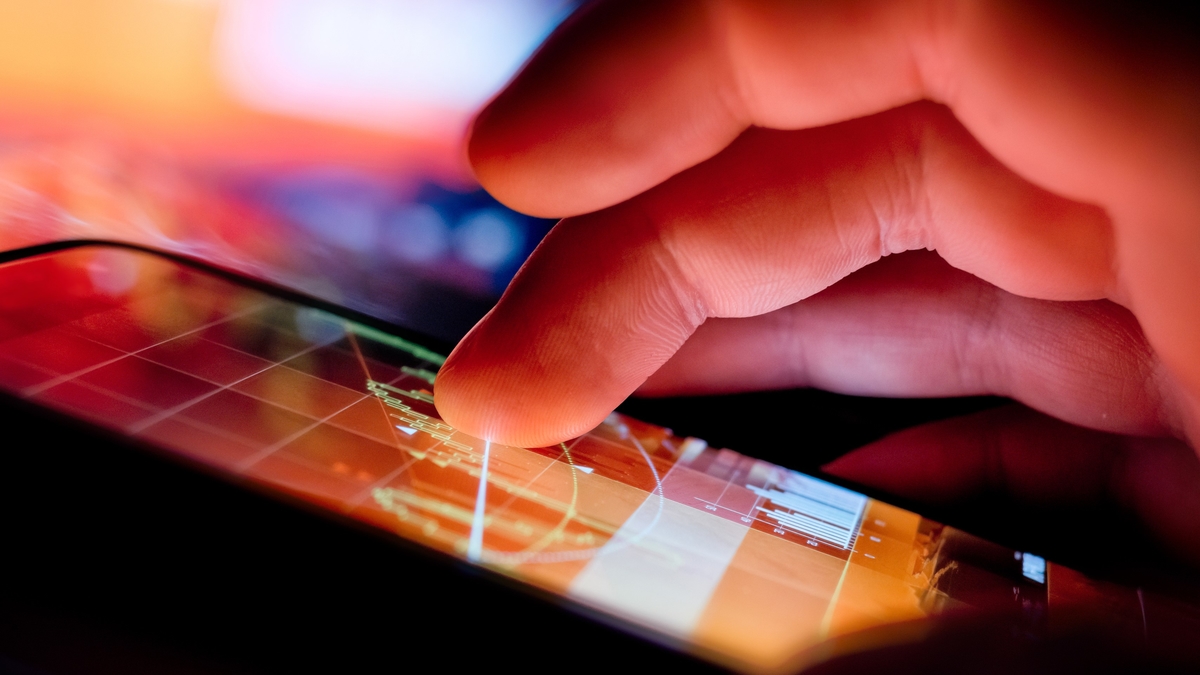Data can change the world

When you shop online, do you ever see suggestions like “Customers who purchased this item were also interested in...”? These suggestions are generated by algorithms crunching data from a vast pool of previous customer purchases.
This sort of data utilization is rapidly spreading across many industries and areas of society.
For example, in nursing homes sensors are installed to convert the residents’ activity into data. This is then used to check the condition of each resident by identifying any abnormalities in the residents’ activities, such as reduced or increased movement.
In car insurance, data collected from driving monitors can identify what actions will or will not lead to accidents. This prompts product proposals such as discounts on premiums for safe drivers.
And in sports, the Japanese female volleyball team analyzes data from matches and depending on the situation, changes tactics or players. It is possible to improve the defense formation by calculating the most efficient ratio of players and the most likely direction of an opposing team’s attacker in specific situations.

Public transport is another area where the benefits of Big Data are taking hold.
The use of smartphones and rechargeable ticket cards is leading to a better understanding of human movements across large spaces and in large volumes.
However, this data still has a lot of room for utilization. With the development of data science, I believe we can contribute to creating a society where people live healthier and happier lives.
Data utilization is also progressing in the manufacturing industry. An example of this is traceability; by controlling products using IC tags to identify by whom, when and in what conditions it was manufactured. However, the manufacturing industry in Japan needs to evolve further by improving data usage. Japan has led the world in manufacturing for a long time. Its mass and uniform production technologies, in addition to statistical quality control methods, are truly excellent. However, the rest of the world is catching up quickly. The US and China have greater expertise when it comes to data science, and application of this expertise to their manufacturing sectors will help them make rapid progress. Japan must use data to tackle more sophisticated manufacturing. A specific example would be the succession of craftsman techniques. The Japanese manufacturing industry has long been supported by its excellent and experienced craftsmen. There is a real need to capture data relating to their skills and senses, and share them as openly available knowledge to enhance quality levels across Japan’s manufacturing industry. The ideal would be that we keep pace with advanced countries in terms of data utilization, while continuing to lead the world in manufacturing.





